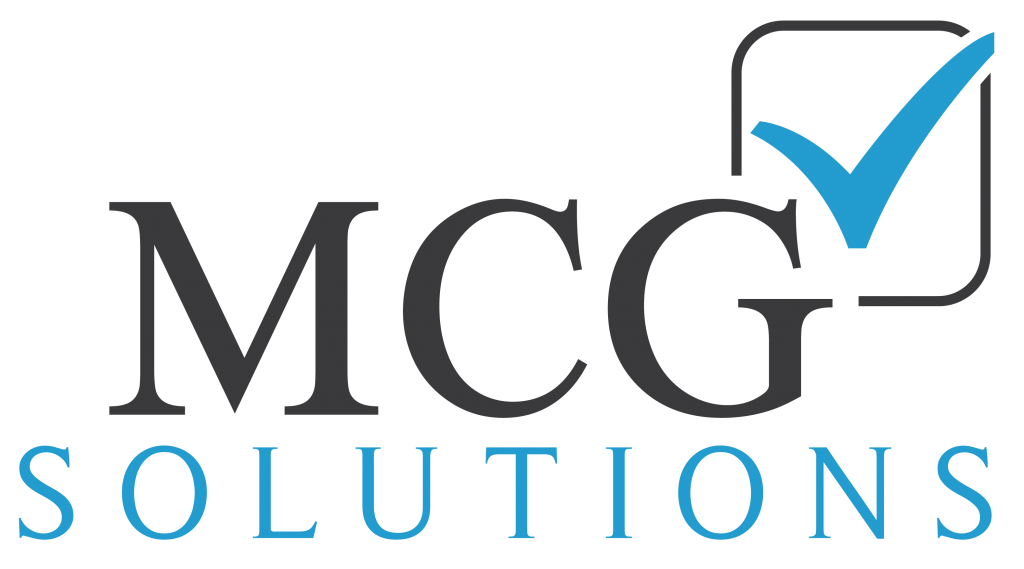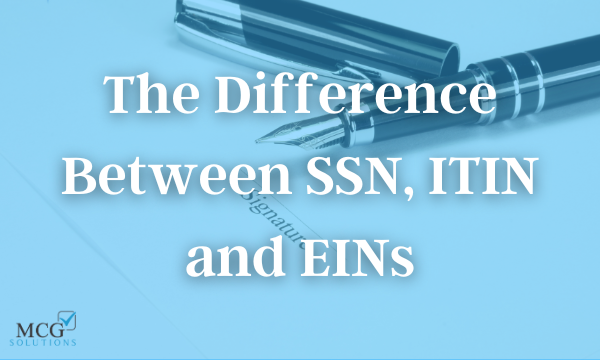When you start your own business, the jargon can be confusing. What’s the difference between an SSN, ITIN and EIN? What are these used for? Here’s what you should know about these identifiers, and when your small business may need to use them.
Social Security Number (SSN)
A Social Security Number (SSN) is perhaps the most well-known of the three identifiers. It is a nine-digit number issued by the United States Social Security Administration (SSA) to U.S. citizens, permanent residents, and certain eligible non-citizens. The SSN was originally created to track earnings and Social Security benefits, but has since become a universal identifier used in various financial and legal contexts.
SSNs primarily serve as a personal identifier for individuals. They are used for a wide range of purposes, including employment, taxation, opening bank accounts, applying for credit and receiving government benefits. SSNs are typically issued to U.S. citizens and permanent residents at birth or upon immigration status approval. Eligible non-citizens, such as international students or individuals with work visas, can also apply for an SSN if they have a legitimate need.
Individual Taxpayer Identification Number (ITIN)
An Individual Taxpayer Identification Number (ITIN) is a tax processing number issued by the Internal Revenue Service (IRS) to individuals who are required to have a U.S. taxpayer identification number, but are not eligible for an SSN. ITINs are primarily used for federal tax reporting purposes.
The main purpose of an ITIN is for tax reporting and compliance. It allows individuals who don’t qualify for an SSN to meet their tax obligations, such as filing tax returns and paying taxes. Therefore, ITINs are commonly issued to foreign nationals, resident and non-resident aliens and dependents who have U.S. tax obligations. This includes individuals with certain types of visas and those earning income in the U.S. It’s important to note that having an ITIN does not grant legal immigration status or work authorization in the U.S. It solely serves tax-related purposes.
Employer Identification Number (EIN)
An Employer Identification Number (EIN), also known as a Federal Employer Identification Number (FEIN), is a unique nine-digit identifier assigned by the IRS to businesses and other entities for tax reporting and identification purposes. It is like a Social Security Number for businesses.
EINs are used by businesses, nonprofits, estates, trusts, and other entities to report income and pay taxes. They are crucial for filing business tax returns and fulfilling tax obligations. EINs are not issued to individuals, but rather to entities. Any business with employees, operates as a corporation or partnership or meets other IRS criteria requires an EIN.
Having an EIN helps separate a business’s financial activities from an individual’s personal finances. This is important for tax reporting and liability protection.
Understanding the distinctions between SSNs, ITINs and EINs is essential when you own your own business. Knowing when and how to use these identifiers can make a significant difference in your financial and legal affairs—especially if you plan to hire employees who originate from outside the United States.
For more information about business identifiers, tax preparation and small business bookkeeping, contact MCG Solutions today.

